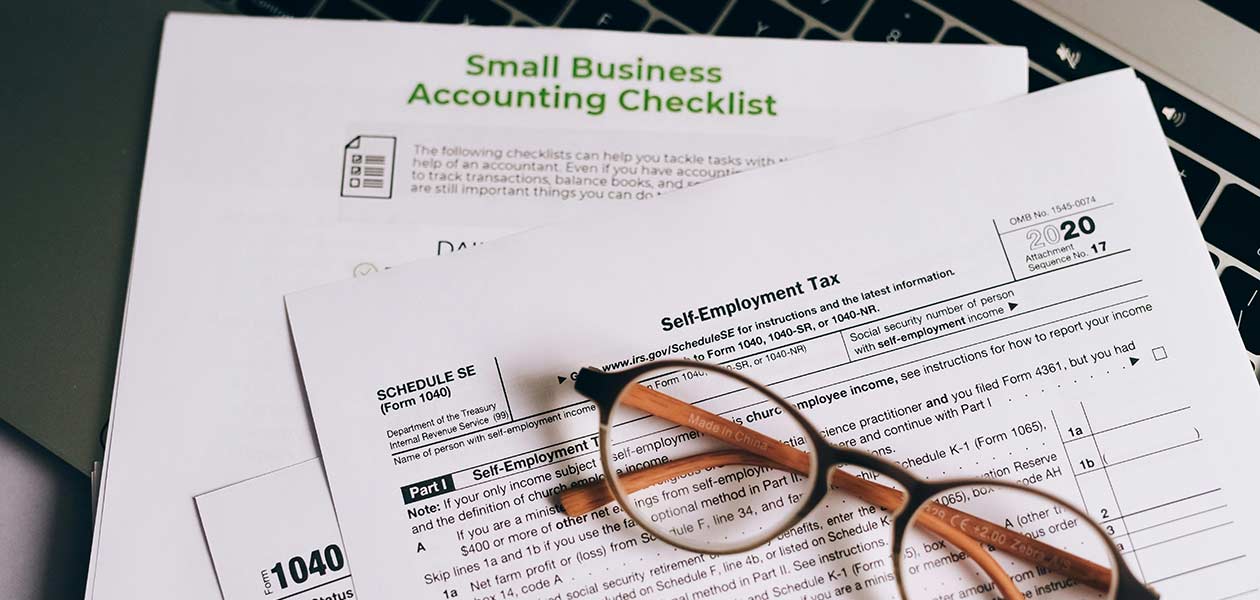Managing payroll is more than just issuing paychecks—it’s about ensuring compliance with tax laws, labor regulations, and financial obligations. For small businesses, payroll compliance can seem overwhelming, but failing to adhere to legal requirements can lead to hefty penalties and legal troubles.
At Ingenious Professional Consultant Inc., we help businesses navigate the complexities of payroll processing, ensuring compliance while streamlining operations. This guide will provide you with essential payroll compliance tips to keep your business on track.
1. Classify Your Workers Correctly
One of the biggest payroll compliance mistakes small businesses make is misclassifying employees and independent contractors.
- Employees: Subject to payroll taxes, Canada Pension Plan (CPP), Employment Insurance (EI), and other statutory deductions.
- Independent Contractors: Responsible for their own taxes and not subject to payroll deductions.
Why It Matters:
Misclassifying a worker can lead to penalties and back taxes if the Canada Revenue Agency (CRA) determines the worker was an employee rather than a contractor.
Tip: Use the CRA’s “Employee vs. Contractor” guidelines to determine worker classification accurately.
2. Stay on Top of Payroll Taxes and Deductions
Small businesses must withhold and remit the correct payroll taxes on time, including:
- Canada Pension Plan (CPP)
- Employment Insurance (EI)
- Income Tax Withholdings
- Other Employer Contributions (if applicable)
Missing payroll tax deadlines can lead to late fees and penalties. Setting up reminders or working with a payroll consultant can help ensure timely payments.
3. Issue Proper Payroll Documents (T4s & ROEs) on Time
T4 Slips: Businesses must issue T4 slips to employees and submit them to the CRA by the end of February each year. The T4 summarizes each employee’s earnings and deductions for the previous year.
Record of Employment (ROE): When an employee quits, is terminated, or goes on extended leave, an ROE must be issued within five days of the last day worked.
Keeping organized payroll records and using payroll software can help automate T4 and ROE filings.
4. Maintain Payroll Records for at Least Six Years
The CRA requires employers to retain payroll records for a minimum of six years. This includes:
- Pay stubs
- T4/T5 slips
- Payroll remittance records
- Records of overtime, bonuses, and deductions
Storing records securely in digital or physical formats and ensuring they are easily accessible can help in case of an audit.
5. Follow Minimum Wage and Overtime Laws
Canadian labor laws require businesses to comply with minimum wage regulations, which vary by province, as well as overtime pay requirements.
- Employees are generally entitled to 1.5 times their regular wage for overtime hours worked beyond the standard limit (usually 40-44 hours per week, depending on the province).
- Miscalculating overtime or failing to track work hours accurately can lead to compliance issues.
Using time-tracking software can help maintain accurate records of employee work hours.
6. Ensure Compliance with Employment Standards and Benefits
Employers must comply with provincial and federal employment standards, including:
- Vacation Pay (typically 4% or 2 weeks of annual earnings)
- Statutory Holiday Pay (differs by province)
- Sick Leave and Parental Leave Policies
Reviewing employment standards in your province or consulting a payroll expert can help ensure compliance.
7. Use Payroll Software or Outsource Payroll Services
Managing payroll manually can be time-consuming and error-prone. Investing in payroll software or outsourcing payroll services can:
- Reduce human errors
- Ensure tax compliance
- Automate T4 and ROE filings
- Simplify employee payroll reporting
Working with a professional payroll consultant like Ingenious Professional Consultant Inc. can help ensure smooth payroll processing and compliance.
8. Keep Up with Changing Payroll Regulations
Tax laws, contribution rates, and employment regulations change frequently. Failing to stay updated can result in costly mistakes.
Subscribing to the CRA’s payroll updates or working with an accounting and payroll consultant can help businesses stay informed.
9. Set Up a Payroll Compliance Checklist
To simplify payroll management, businesses should create a payroll compliance checklist that includes:
- Worker classification verification
- Payroll tax withholding and remittance schedule
- T4 and ROE filing deadlines
- Record-keeping requirements
- Minimum wage and overtime compliance checks
Scheduling regular payroll audits can help ensure all processes are accurate and compliant.
Final Thoughts: Stay Compliant, Avoid Penalties
Payroll compliance is essential for small businesses to avoid penalties, audits, and employee disputes. By following these payroll compliance tips, businesses can ensure smooth payroll operations and legal compliance.
At Ingenious Professional Consultant Inc., we specialize in payroll setup and support, ensuring businesses meet compliance requirements with ease. Whether you need help with tax deductions, T4 filings, or payroll processing, our expert team is here to assist.
Need Payroll Assistance?
Contact us today for expert payroll solutions tailored to your business.



